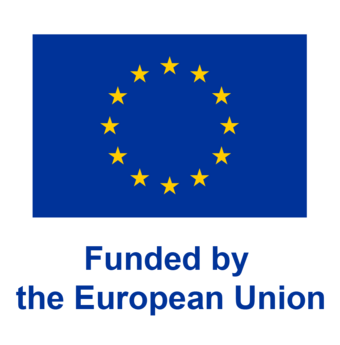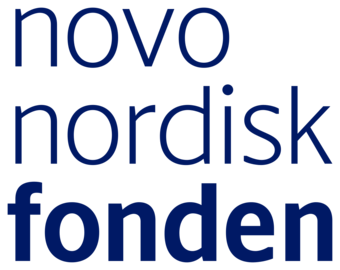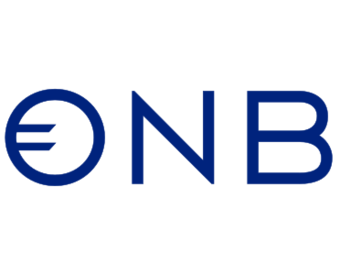Univ.-Prof. Dr. Christoph Bock

Our research group is based both at CeMM and at MedUni Vienna (https://bocklab.org). At CeMM, we pursue technology development and applications in high-throughput biology, combining wet-lab and experimental approaches. At MedUni, where Christoph Bock is professor of medical informatics and head of the Institute for Artificial Intelligence, our research focus is on computational methods for molecular prediction medicine.
Research areas
- Computational biology. We develop algorithms and software for large-scale data analysis, and we pursue clinical collaborations to establish medical impact.
- Single-cell genomics. As members of the Human Cell Atlas, we use single-cell sequencing and organoids to dissect the gene-regulatory foundations of cancer and immunity.
- High-throughput biotechnology. We develop and apply new technologies in areas such as single-cell sequencing, CRISPR screens, epigenome editing, and synthetic biology.
- Machine learning / artificial intelligence. As members of the European Laboratory for Learning and Intelligent Systems, we develop methods for interpretable deep learning and artificial intelligence in biology.
Focal points of interest on GABA cells
Our research group pursues research in various application areas of biology/biomedicine, usually collaborating with experts in the corresponding fields. Our recent projects and collaborations in neurobiology include:
- High-content CRISPR screening in iPS-derived differentiating neurons
- Multi-omics of mouse models for neurodevelopmental disorders (with Gaia Novarino & Igor Adameyko)
- Single-cell profiling and quantification of heterogeneity in cerebral organoids (with Jürgen Knoblich)
- Single-cell multi-omics profiling of development and exposures in the mouse brain (with Tibor Harkany)
These projects are not specifically focused on GABA cells, and we will profit from interactions within the CoE to develop interesting ideas and directions. We are also potentially interested in the roles of GABA in immune cells, both in the brain and elsewhere, and in the interfaces between neurons and tissues.
Technical proficiency and instrumentation
We routinely support researchers in Vienna and elsewhere with next generation sequencing services, via the Biomedical Sequencing Facility led by Christoph Bock. Moreover, we have extensive technological expertise and established assays in the following areas: single-cell sequencing, epigenome profiling, CRISPR screening, computational biology, and machine learning / artificial intelligence.
Aspirations for the next 5 years
We are rather new to neurobiology, despite a series of technology-driven collaborations with neurobiologists and a major paper on epigenetic heterogeneity in brain tumors (Klughammer et al. 2018 Nature Medicine). We are broadly interested in interactions between neurons and the immune system, in neuronal brain tumors, and in the use of in vitro models and high-content screening for studying neurodevelopmental diseases. Moreover, as a technology-driven research group, we often engage in collaborations with biology-driven research groups. Finally, we are developing CRISPR-based methods for optimizing cell-based immunotherapies, which have shown promise for brain tumors and might also be relevant for certain neuroinflammatory conditions.
References
- Bock C*, Datlinger P, Chardon F, Coelho MA, Dong MB, Lawson KA, Lu T, Maroc L, Norman TM, Song B, Stanley G, Chen S, Garnett M, Li W, Moffat J, Qi LS, Shapiro RS, Shendure J, Weissman JS, Zhuang X (2022). High-content CRISPR screening. Nature Reviews Methods Primers 2, 8.
⇒A methods review that summarizes our “wisdom” on CRISPR screening, including single-cell CRISPR screening (CROP-seq/Perturb-seq) and in vivo screening (which holds great potential for neurobiology) - Krausgruber T, Fortelny N, Fife-Gernedl V, Senekowitsch M, Schuster LC, Nemc A, Schmidl C, Rendeiro AF, Lercher A, Bergthaler A, Bock C* (2020). Structural cells are key regulators of organ-specific immune response. Nature 583, 296-302.
⇒Comprehensive analysis of immune gene regulation in non-hematopoietic cells, structural cells (endothelial cells, epithelial cells, fibroblasts), suggesting widespread roles of these cells in immune homeostasis - Bock C*, Boutros M, Camp JG, Clarke L, Clevers H, Knoblich JA, Liberali P, Regev A, Rios AC, Stegle O, Stunnenberg HG, Teichmann SA, Treutlein B, Vries RGJ, the Human Cell Atlas ‘Biological Network’ Organoids (2020). The Organoid Cell Atlas. Nature Biotechnology 39, 13-17.
⇒ An outline of our contribution to the Human Cell Atlas, with a focus on single-cell profiling of human organoids. The goal is to better connect screenable in vitro platforms with the in vivo reality in human organs





